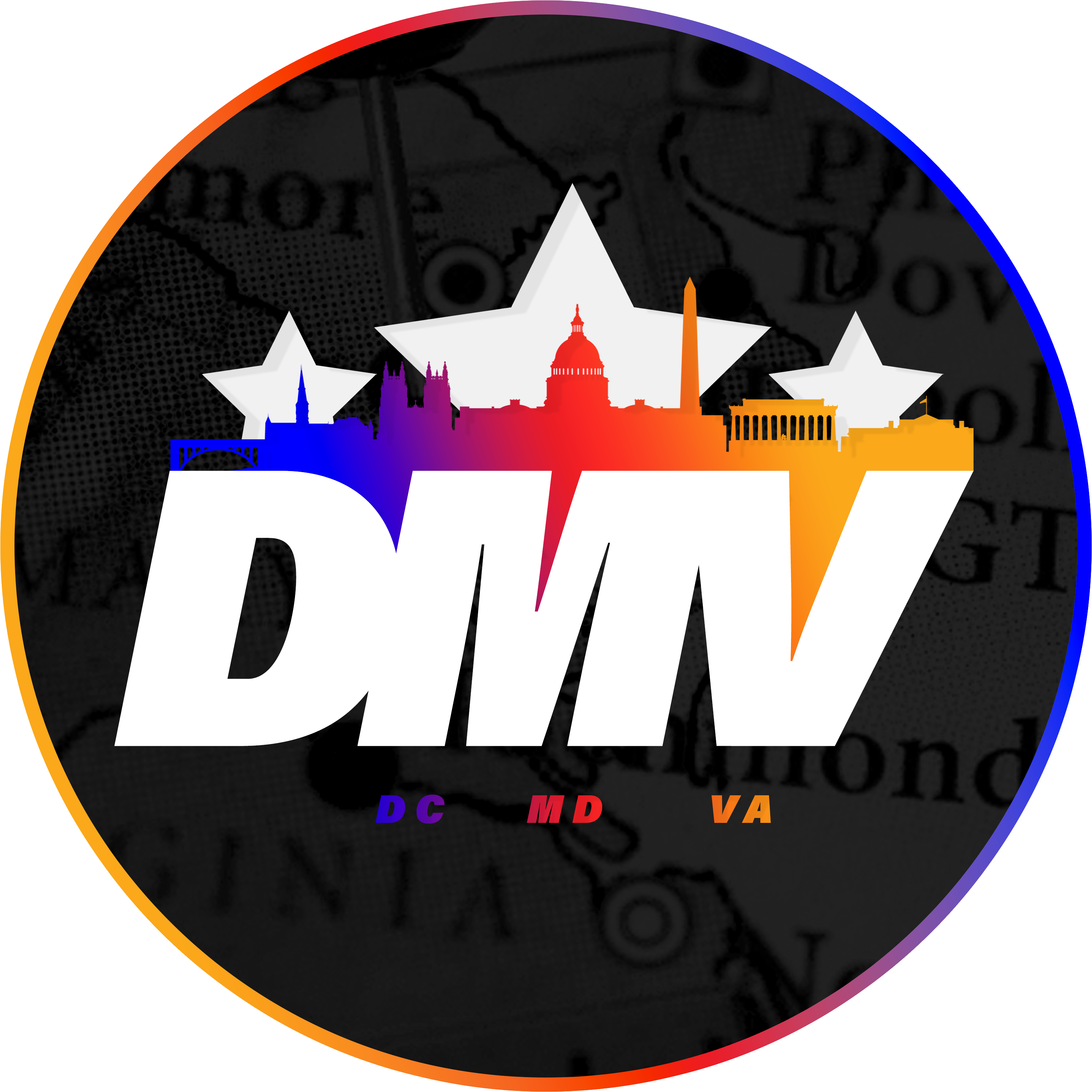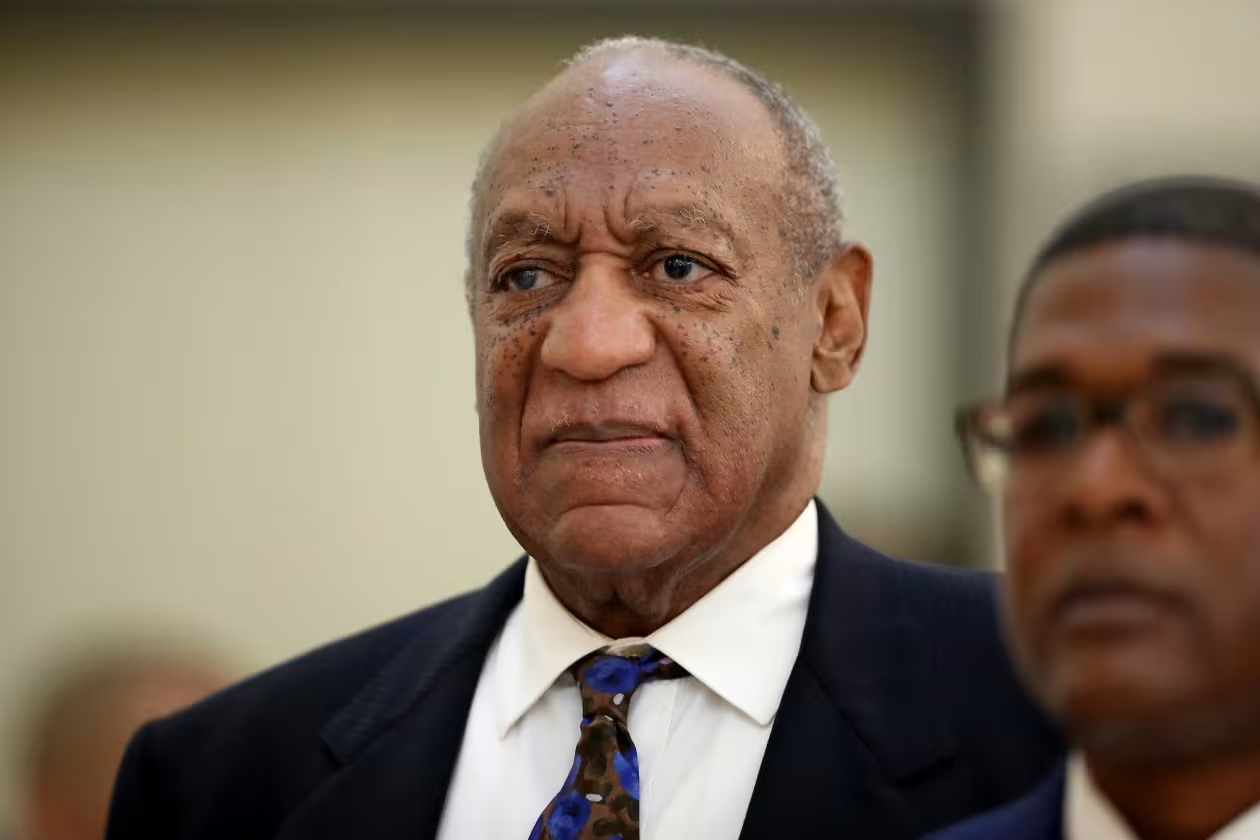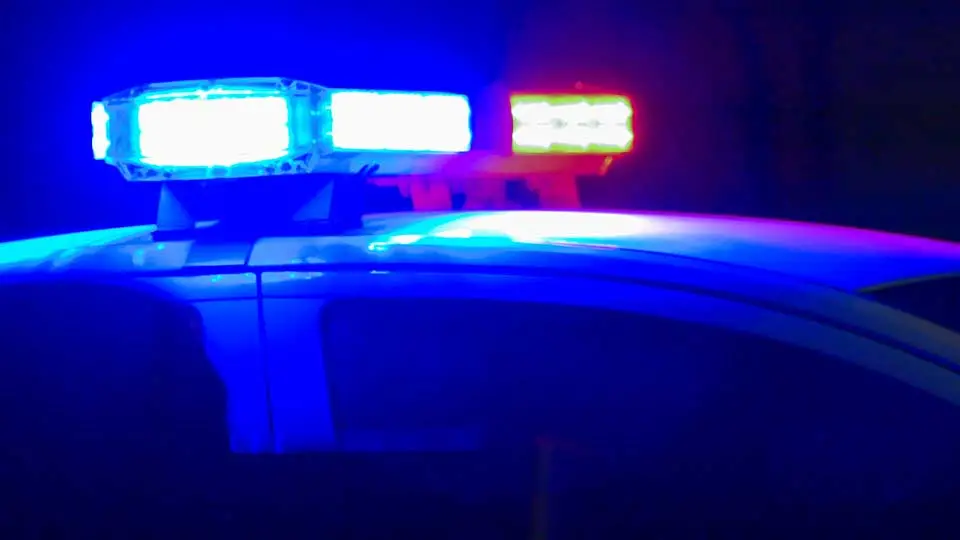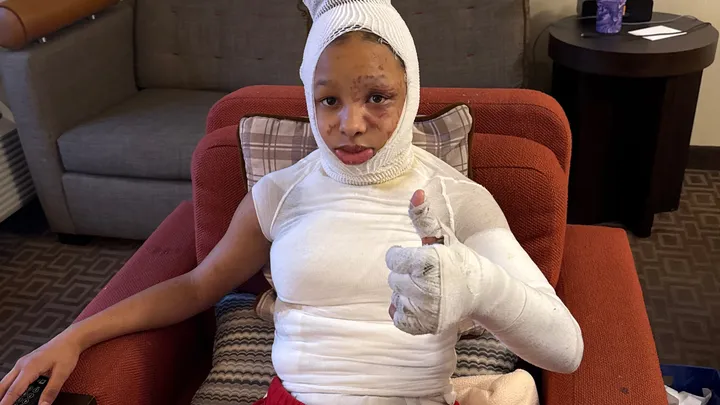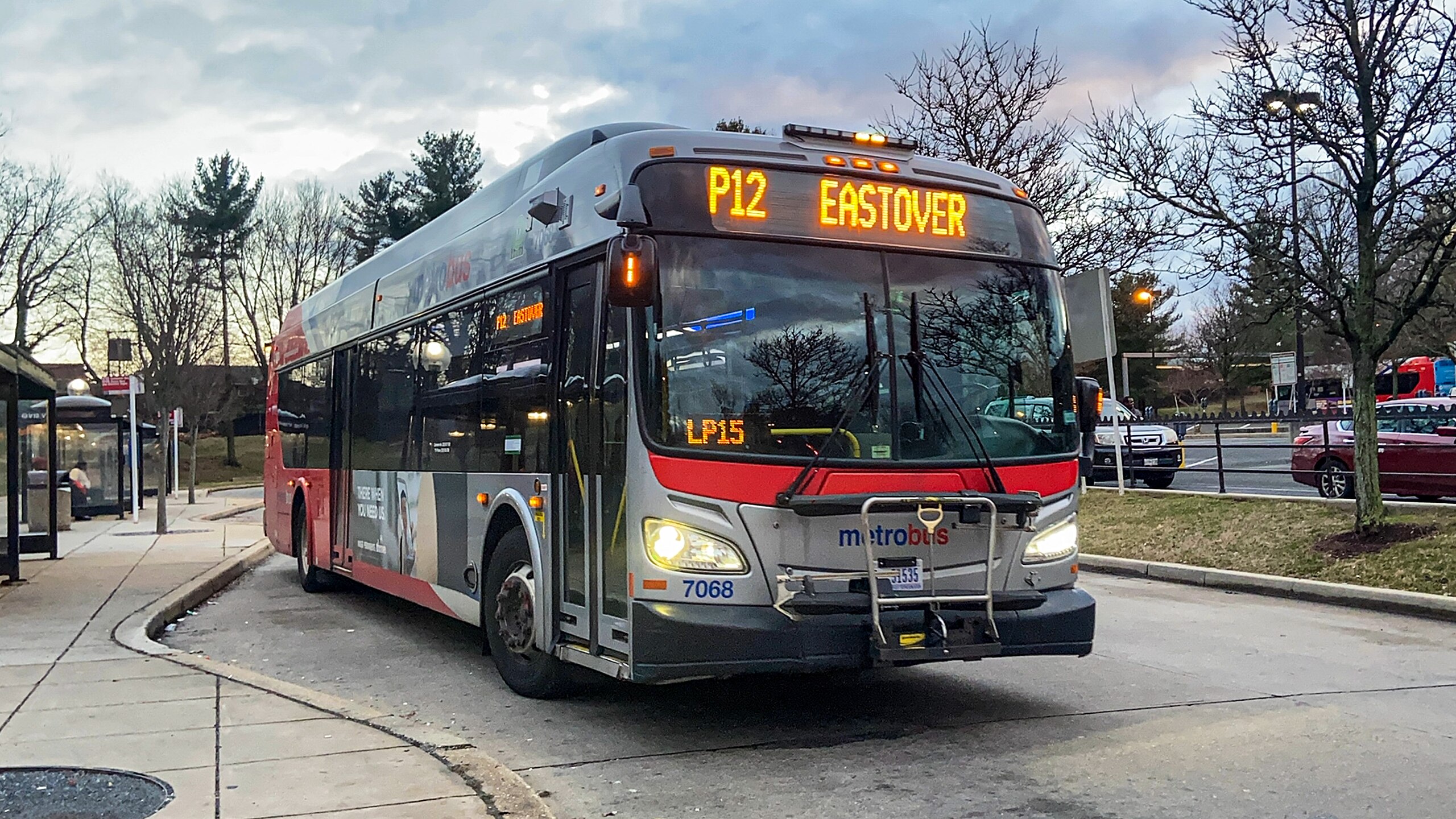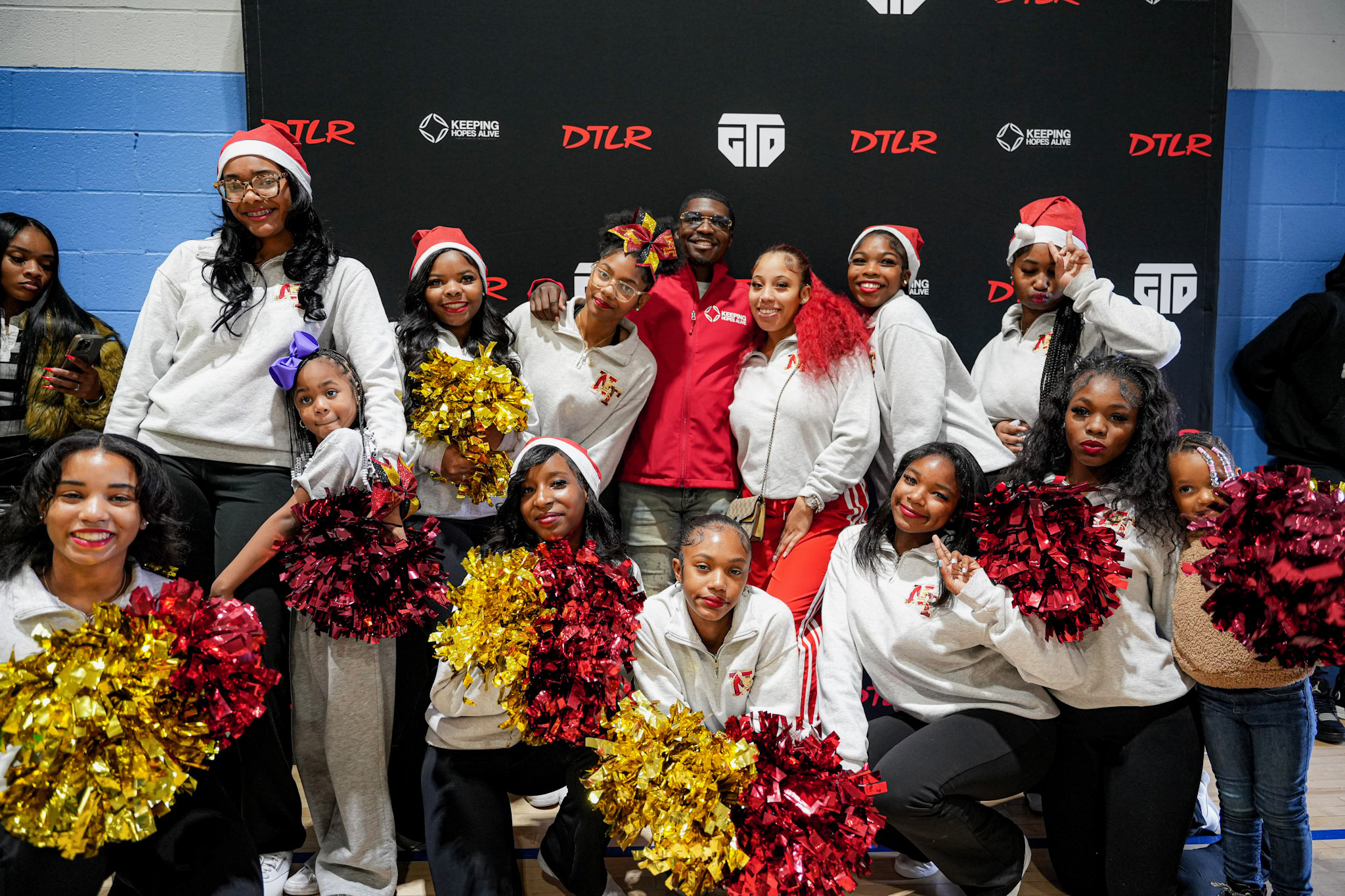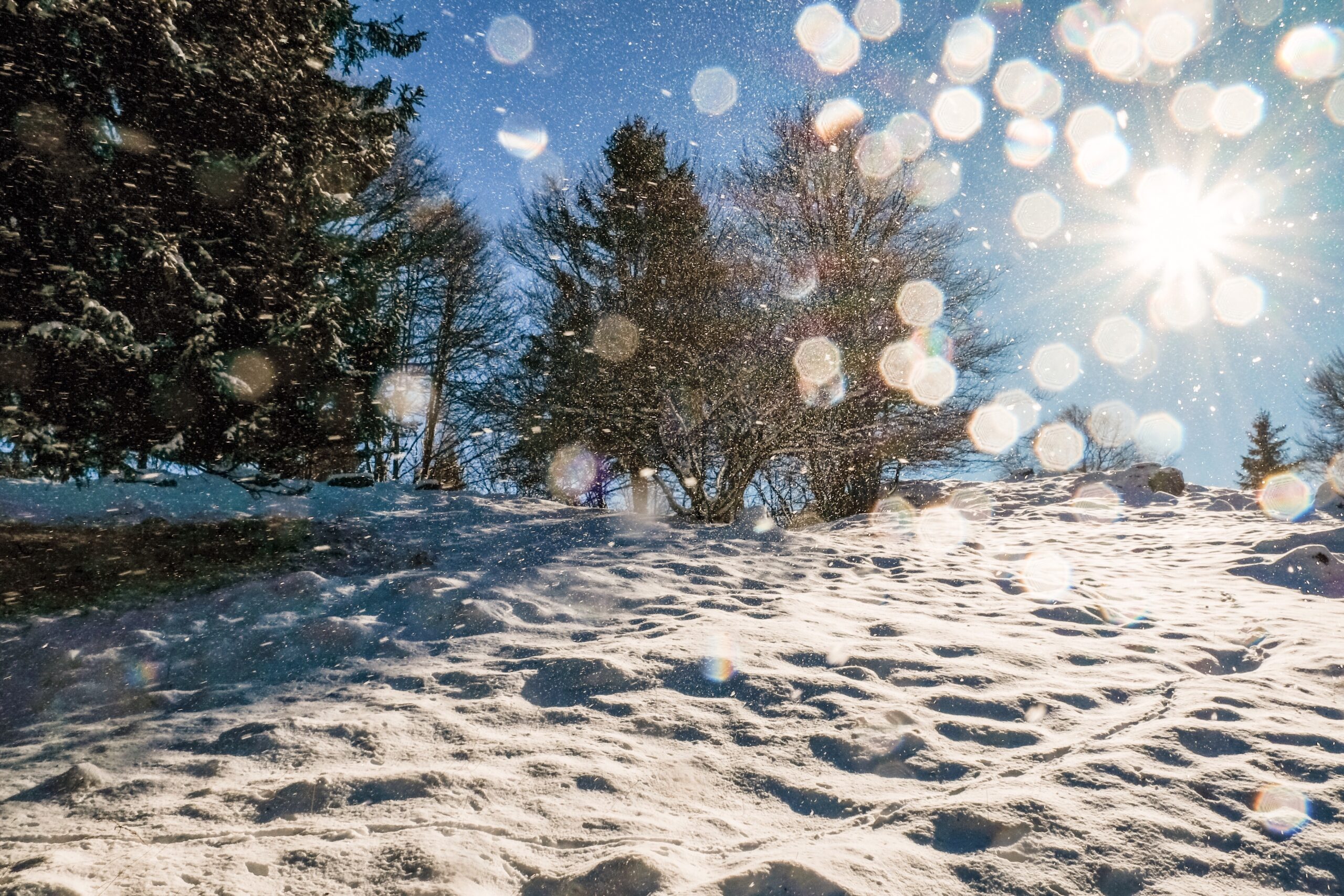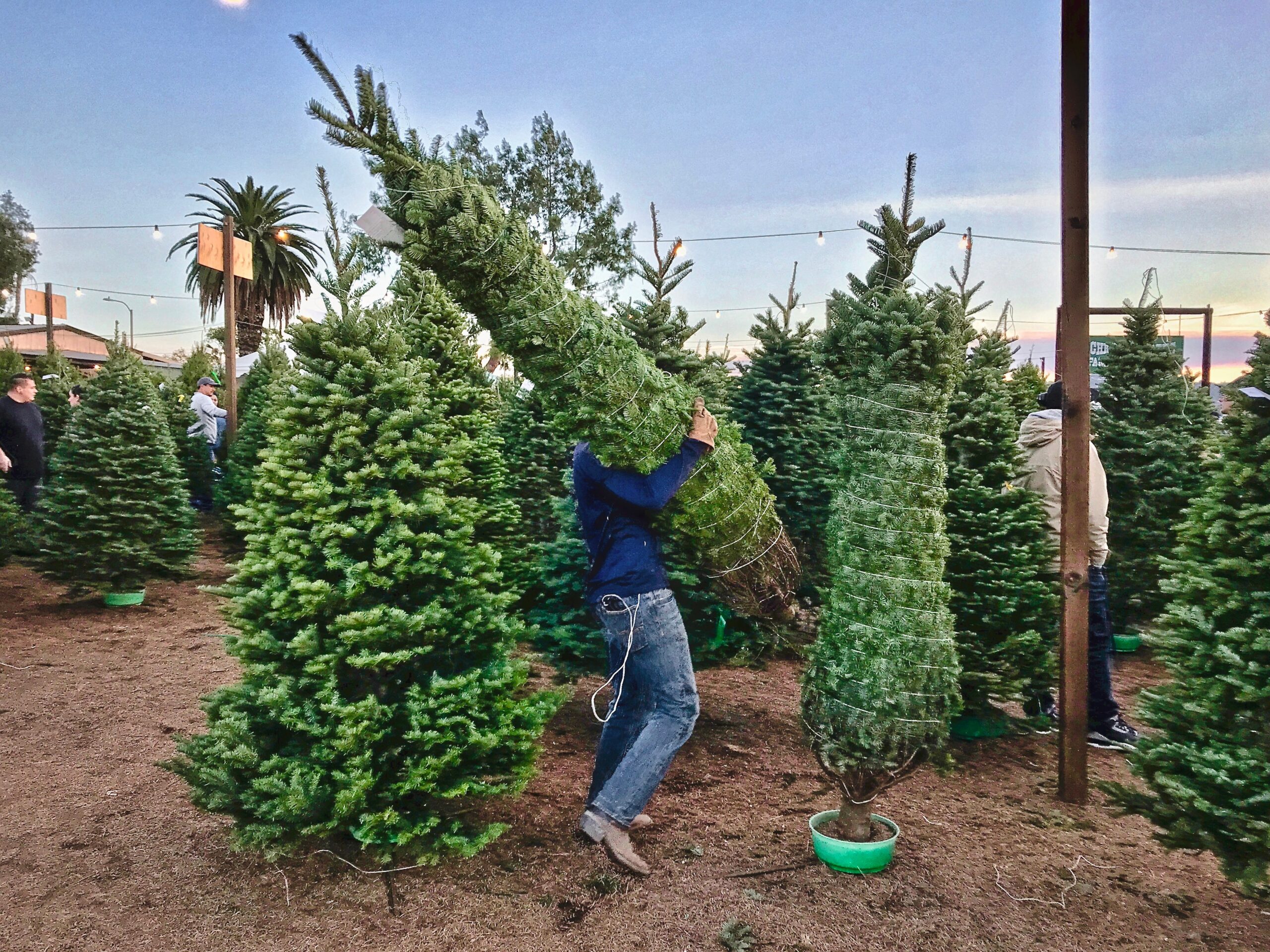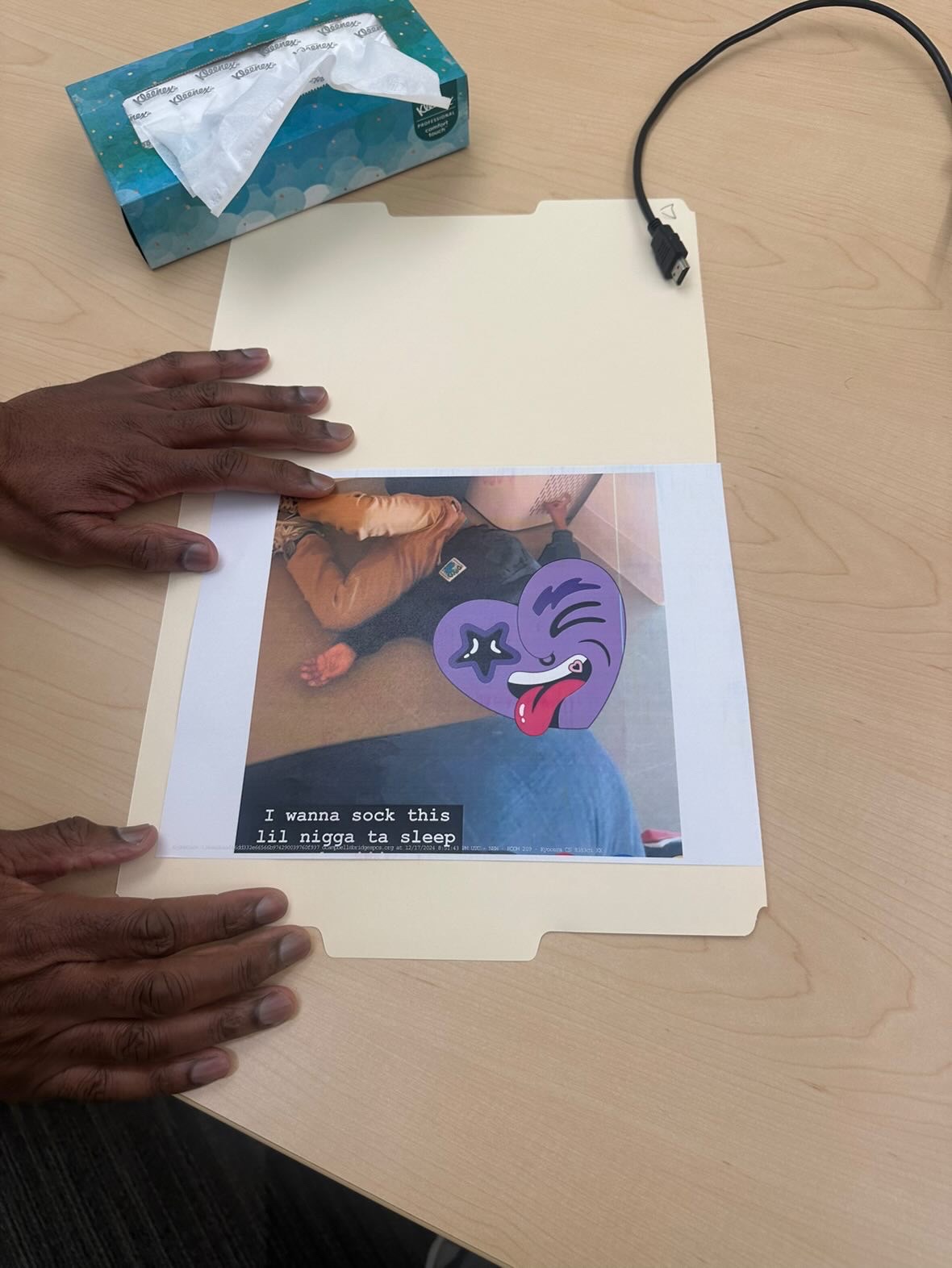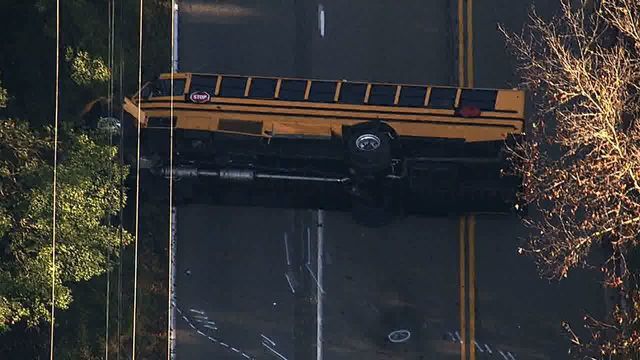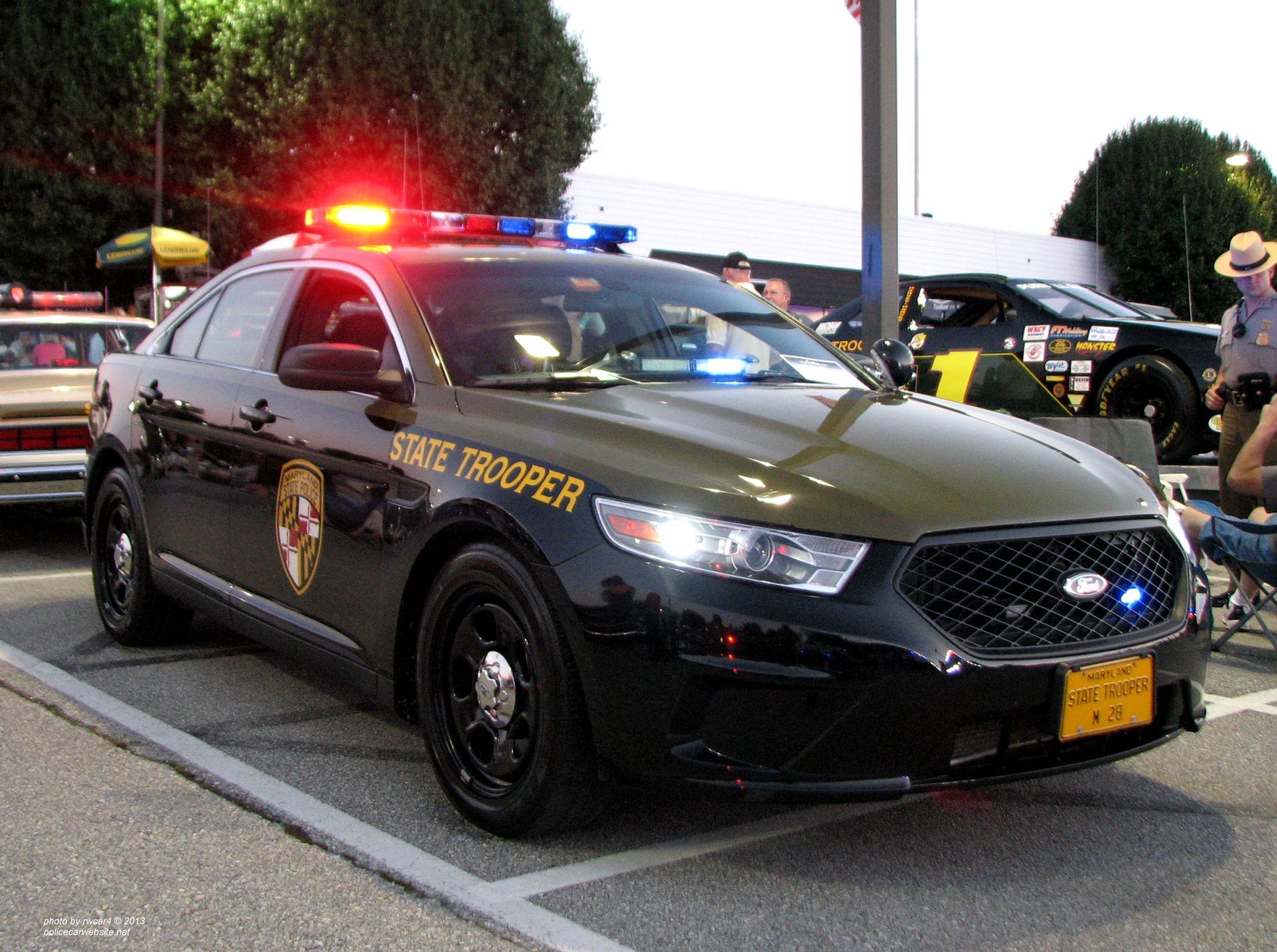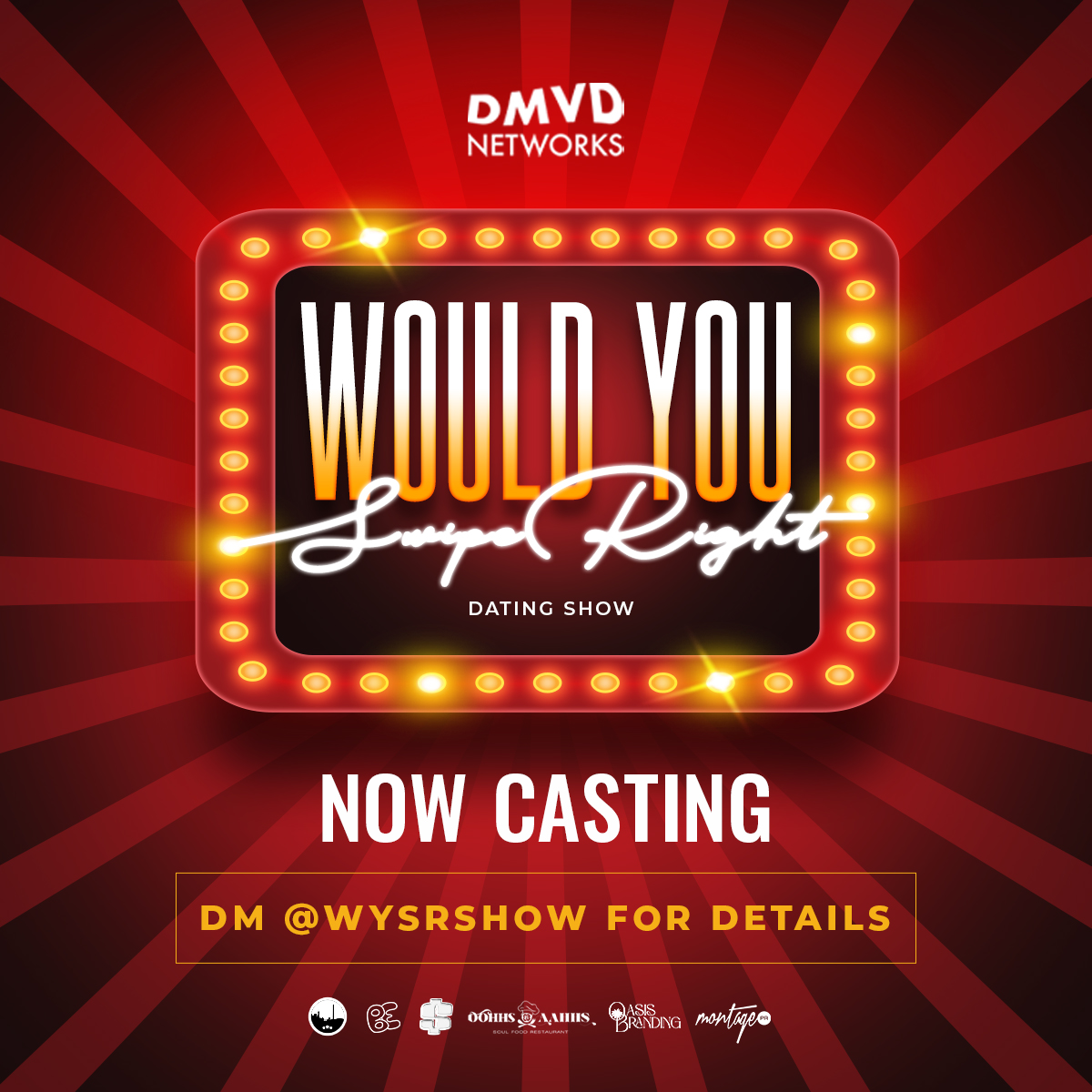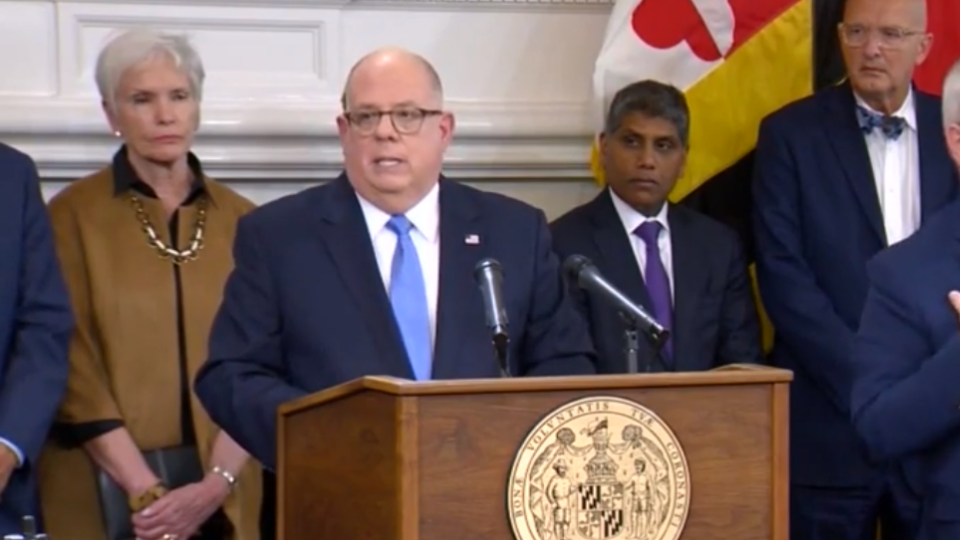
Maryland opening state beaches and parks for some activities; schools closed for academic year
Maryland Governor Larry Hogan announced that public beaches and parks would reopen for exercise and walking effectively on Thursday at 7 a.m. The list of outdoor activities includes golf, tennis, boating, fishing, and camping.
The Governor mentioned that they had seen favorable data within the past seven to eight days, but he wants to reevaluate it before giving an official reopening date.
Karen Salmon, the state superintendent of schools, announced that Maryland public schools would be closed for the remainder of the academic school year.
Hogan announced a few furtive steps towards reopening, including updated state guidelines on some outdoor activities.
In addition to that, the Maryland Department of Health will issue guidelines for elective medical procedures effective immediately but at the discretion of local healthcare professionals and medical facilities.
Hogan also announced the University of Maryland medical school in Baltimore would be conducting tests for a potential COVID-19 vaccine.
The Governor unveiled his administration’s blueprint for Maryland’s “Road to Recovery” on April 23.
Hogan has mentioned that the state would follow White House guidelines regarding setting a date for reopening: two weeks of declining COVID-19 cases, and having an infrastructure in place to handle a hospital surge should the virus rebound.
The Governor said the state must have made progress on four key elements to be able to consider a plan for recovery, including expanded testing capacity, increased hospital surge capacity, ramping up the supply of PPE, and robust contact tracing.
Officials from the District, Maryland, and Virginia have been working together to control the virus.
Hogan ordered all “non-essential businesses” closed on March 23.
The closures included restaurants – except for take-out and delivery, bars, hair salons and barbershops, casinos, racetracks, simulcast betting facilities, enclosed malls, “certain recreational establishments, and “certain recreational establishments and certain retail businesses.”
Essential businesses – such as medical facilities, construction companies, or emergency services – were permitted to remain open.
